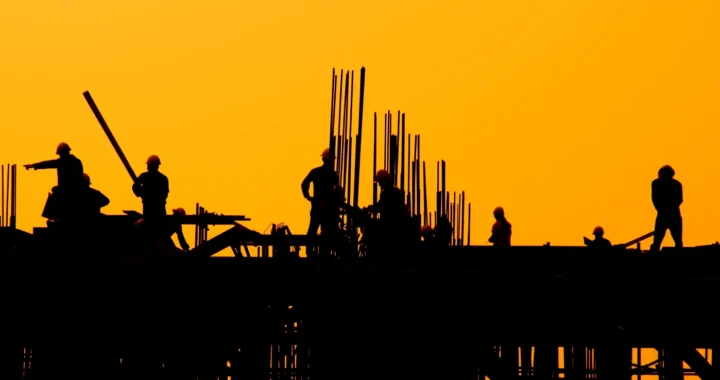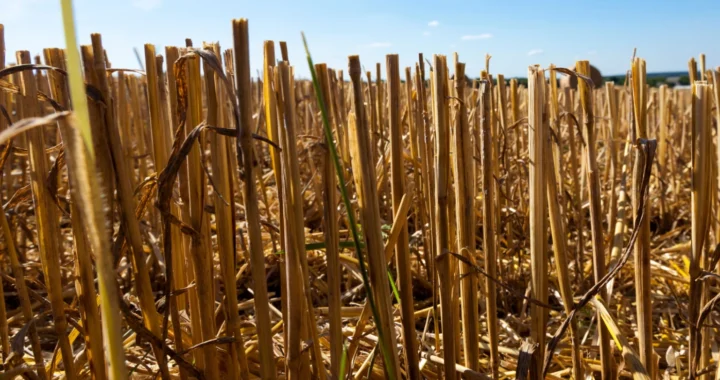Climate Change and Poverty: Looking Iinto the Overlapping Issues

Photo: Freepik.
Reducing poverty has been at the forefront of the global development agenda for decades. Now, the work to eradicate poverty can no longer ignore climate change, especially as the crisis accelerates. Looking into the intersection of climate change and poverty must serve as the foundation for stronger poverty efforts.
Overlapping Issues
At first glance, poverty might appear to be a standalone economic deprivation issue. However, the condition must be understood as multidimensional, encompassing deprivation across multiple aspects of life, such as health, education, and living standards.
The 2025 Global Multidimensional Poverty Index by the UNDP finds that 1.1 billion people live in acute multidimensional poverty, with half of them being children. About 83.2% of the affected people live in sub-Saharan Africa and South Asia.
Moreover, today, poverty is not merely a socioeconomic issue; it is inextricably linked to planetary pressures. The report discusses climate change and poverty as overlapping issues, creating a double burden for people living in poverty. Poverty drives exposure to climate hazards, which, in turn, reinforces and prolongs poverty.
Compounding Vulnerability
Globally, people living in multidimensional poverty are directly exposed to climate hazards. This high vulnerability stems from the fact that many impoverished households depend on high-risk sectors, such as agriculture and informal labor. At the same time, they often have highly limited assets, coping capacities, and social protection.
The report reveals that about 887 million people across 108 countries live in areas affected by at least one of these hazards: high heat, air pollution, floods, and drought. Meanwhile, 651 million face two or more hazards, and 309 million face three or four hazards. This exposure can derail poverty eradication efforts. From urban floods in low-income areas to the lack of cooling systems during heatwaves, these exposures put people at even higher risk of disease, hunger, and poverty.
In South Asia, for instance, despite significant poverty-reduction progress, multiple simultaneous climate hazards continue to affect people who remain in poverty. Almost all the impoverished people in the region are exposed to one or more climate shocks, a figure far higher than in other regions.
Understanding Climate Change and Poverty
We can no longer turn a blind eye to the link between climate change and poverty. The overlapping issues, disproportionately affecting people worldwide, underscore the urgency of building resilience. The first step is to integrate climate projection data into the design of effective poverty eradication strategies. This entails understanding the relationships between climate change and poverty, who bears the brunt, and how to formulate solutions for them.
Beyond recognizing the issues, countries also need to step forward and translate this understanding into rapid action that prioritizes people and the planet. This will require stronger international cooperation and financing, especially to build the capacity of low- and lower-middle-income countries that have limited resources. Nature-based solutions, adaptive social protection systems, and early warning systems are some of the essential measures for enabling resilient communities.
Ultimately, achieving global poverty-eradication goals must go hand in hand with climate mitigation and ecosystem restoration. Strong commitment, concrete action, and effective multi-stakeholder collaboration can help us achieve resilient communities without leaving anyone behind.
Editor: Nazalea Kusuma

Join Green Network Asia – An Ecosystem of Shared Value for Sustainable Development.
Learn, share, network, and support Green Network Asia’s movement to create positive impact for people and the planet through our public education and multi-stakeholder advocacy on sustainability-related issues and sustainable development across the Asia Pacific and beyond.
Become a Member Now

 Gen Z’s Youth Climate Activism Cannot Ignore Colonialism
Gen Z’s Youth Climate Activism Cannot Ignore Colonialism  Practicing Gift Economy: How We Can Foster Community Bond Through Sharing
Practicing Gift Economy: How We Can Foster Community Bond Through Sharing  Strengthening the Role of Trade Unions to Achieve Social Justice
Strengthening the Role of Trade Unions to Achieve Social Justice  Turning Agricultural Waste into Biomaterials
Turning Agricultural Waste into Biomaterials  Harnessing the Power of Fungi for Environmental Restoration Through Mycoremediation
Harnessing the Power of Fungi for Environmental Restoration Through Mycoremediation  Empowering Women Entrepreneurs for ASEAN’s Green Economy
Empowering Women Entrepreneurs for ASEAN’s Green Economy